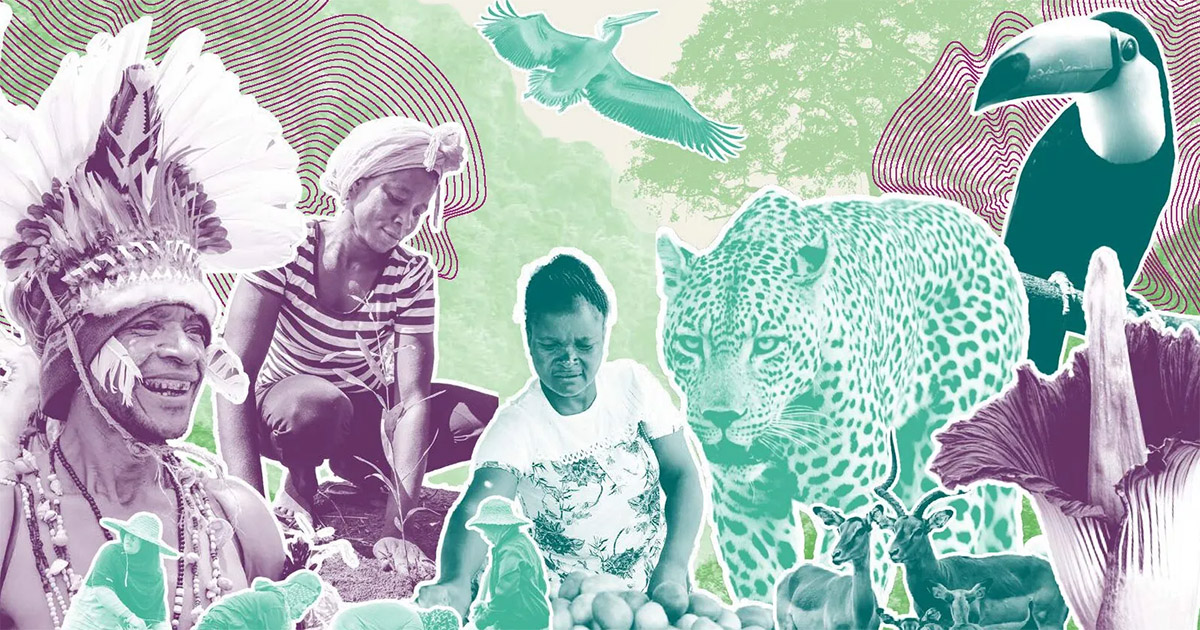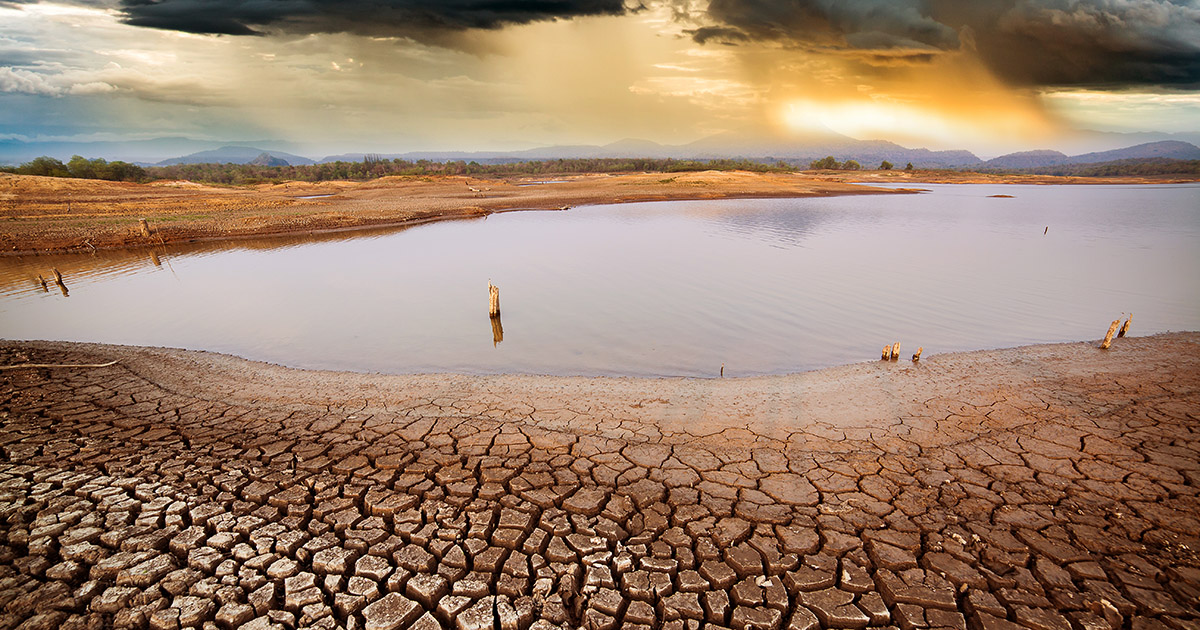The management of protected areas (PAs) and their surrounding landscapes is generally associated with the response of the Democratic Republic of the Congo (DRC) to biodiversity conservation and climate change. The general aim is to reduce deforestation and preserve biodiversity. This preliminary study aims to identify the local knowledge and potential challenges associated with their valorisation in the Rubi-Tele Hunting Area (RTHA), a PA in the northern DRC. The methodological approach included the combination of qualitative and quantitative elements through a triangulation approach, and results show that the collective memory of local communities retains traditional knowledge (practices, beliefs, and perceptions) that promote biodiversity preservation. Unfortunately, changes in the socio-economic situation of the country and the local context threaten this knowledge. Additionally, l’Institut Congolais pour la Conservation de la Nature (ICCN) has not tried to build on traditional knowledge memory to promote local biodiversity conservation. To avoid deforestation and a biodiversity crisis, the participatory approach can be useful for mainstreaming traditional/local knowledge in the management plan of protected areas of the DRC, such as RTHA.
Download:
Année de publication
2021
Auteurs
Bisimwa, L.; Musangu, E.; Mampeta, S.; Amundala, N.; Sabongo, P.; Sonwa, D.J.
Langue
English
Mots clés
local communities, participation, indigenous knowledge, biodiversity, protected areas, hunting, conservation
Géographique
Democratic Republic of the Congo



















